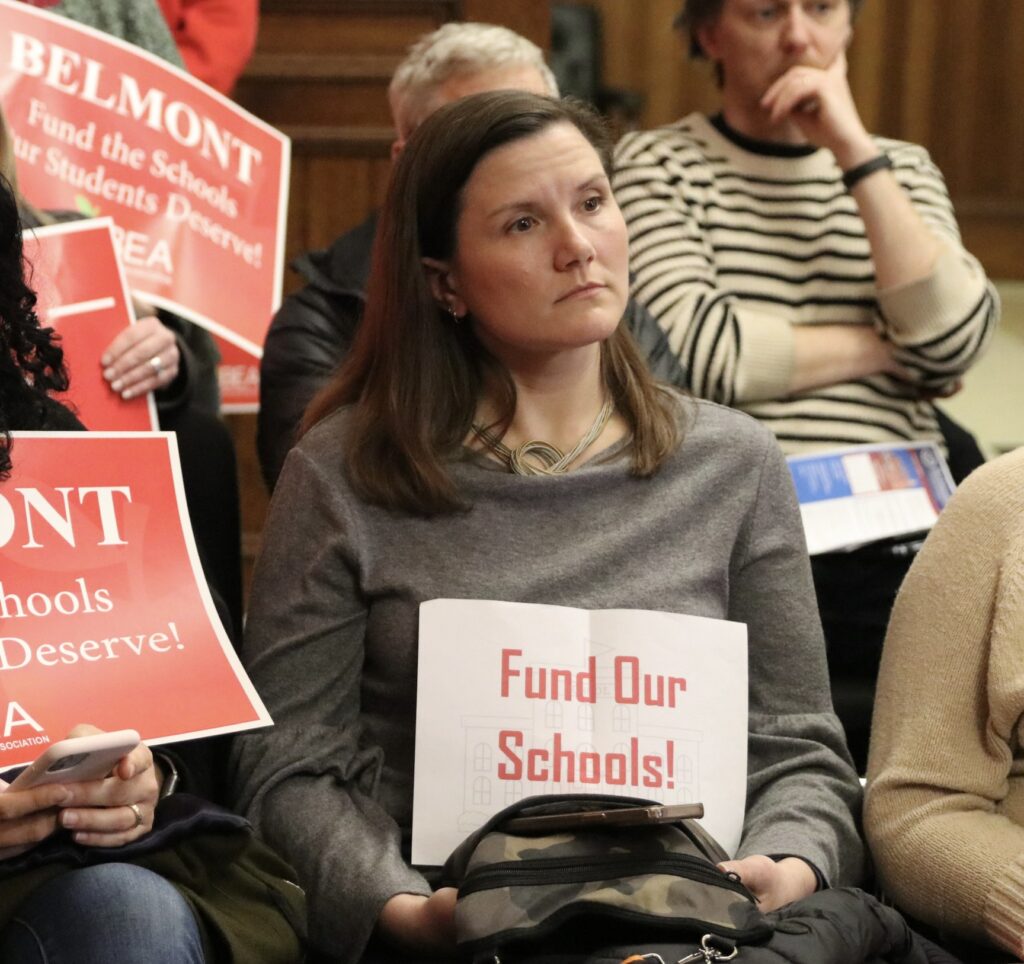Photo: The Warrant Briefing is Monday, April 28
The Belmont League of Women Voters and the Warrant Committee will be holding the traditional Warrant Briefing on Monday, April 28, at 7:30 p.m.
The briefing, held prior to the annual Town Meeting starting on Monday, May 5, will be a virtual meeting to discuss and ask questions of articles to town officials and department heads. Paul Rickter, chair of the Warrant Committee will host the informational session.
Viewing Options:
Zoom: https://us02web.zoom.us/j/85272057494
Meeting ID: 852 7205 7494
Live broadcast: Belmont Ch 8 (Comcast); Ch 28 (Verizon)
On-demand: belmontmedia.org/govtv
Paul Rickter
Chair of the Warrant Committee will preside
Cosponsored by: the Warrant Committee and the
